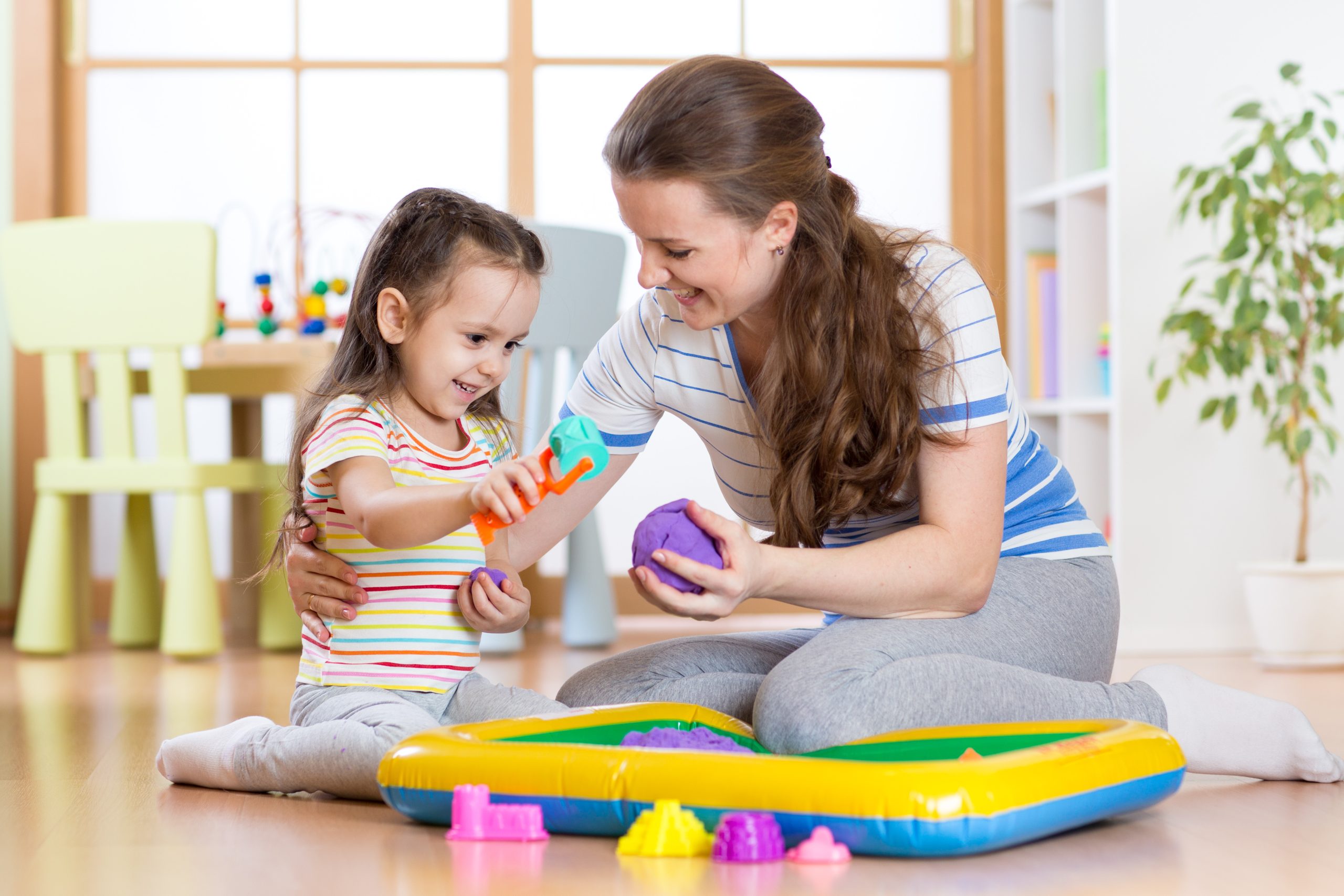
123rf
In today’s fast-paced world, parents face a myriad of options for their childcare needs. Among these, in-home childcare is gaining popularity for its unique benefits. Here are 14 reasons why parents should consider this option for their family.
1. Personalized Care
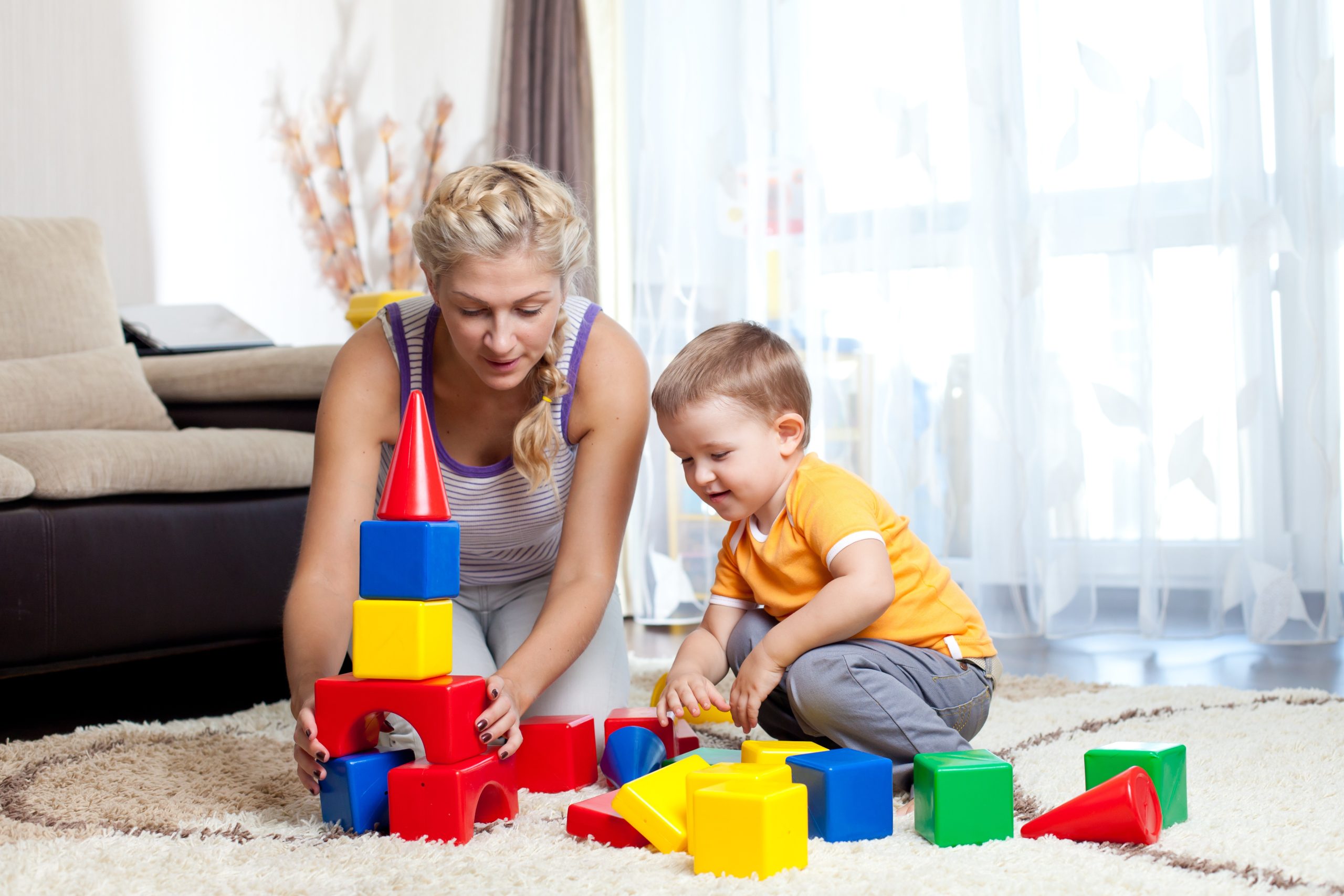
123rf
In-home childcare providers can offer more personalized attention to children, catering to their individual needs and routines. This one-on-one care ensures that children receive the attention they need to thrive. Caregivers can adapt to the child’s developmental stage and personal interests, creating a nurturing environment. This tailored approach can lead to a stronger emotional bond between the child and the caregiver. Personalized care also means immediate responses to the child’s needs, whether it’s feeding, changing, or comforting. Ultimately, this can lead to a happier and more settled child.
2. Stability and Consistency

123rf
Children thrive on routine and consistency, and in-home childcare provides just that. Having the same caregiver day in and day out can create a stable environment for the child. This consistency helps in building trust and security, crucial elements in early childhood development. Changes in caregivers can be stressful for children; in-home care minimizes these transitions. The familiar surroundings of home also add to the sense of stability. This continuity is vital for building a safe and secure attachment.
3. Flexibility

123rf
In-home childcare offers unparalleled flexibility for parents with unpredictable schedules. Caregivers can often accommodate early mornings, late evenings, and even overnight care. This flexibility is a boon for parents who work irregular hours or have demanding careers. It also means parents can tailor the childcare schedule to fit their family’s unique needs. Emergency care options are more feasible with an in-home setup. Additionally, last-minute changes are often easier to manage with a dedicated caregiver.
4. Health and Safety

123rf
Children in in-home care are exposed to fewer illnesses compared to those in larger daycare settings. The controlled environment of the home can be kept clean and sanitized according to the family’s standards. Caregivers can also provide immediate and personalized care if the child gets sick. There’s less risk of common daycare illnesses, which means fewer sick days for the child and less stress for parents. Parents have more control over their child’s dietary and safety needs. Overall, in-home childcare offers a safer and healthier option for children.
5. Sibling Bonding

123rf
In-home childcare often accommodates siblings in a shared setting, strengthening their bond. Siblings can grow and learn together, providing emotional support for one another. This setting also allows for shared experiences and memories, enhancing their relationship. Mixed-age groups can foster leadership and empathy in older siblings. Siblings in close age groups can enjoy a playmate in their formative years. Overall, this can lead to a more harmonious family dynamic.
6. Less Hassle in the Morning

123rf
Mornings can be less chaotic with in-home childcare, as parents don’t need to rush to get children ready for a commute to daycare. This can lead to a more relaxed start to the day for both parents and children. Parents can save time and energy, which can be redirected towards meaningful family interactions. It also means children can wake up naturally, following their own biological rhythms. The comfort of home can ease children into their day. This convenience is especially beneficial for families with young children.
7. Environment Control
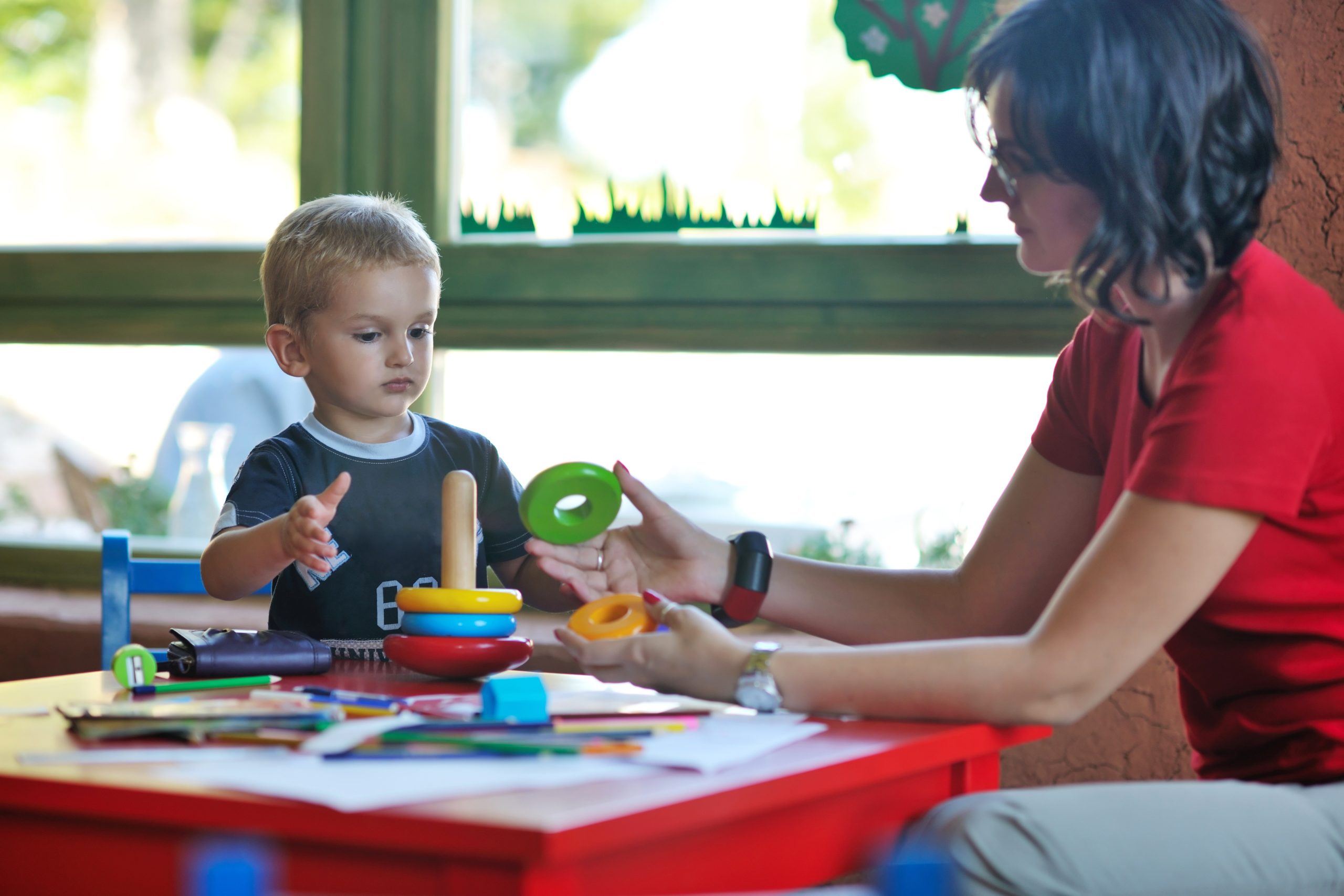
123rf
Parents have greater control over the environment in in-home childcare. They can ensure the space is safe, comfortable, and conducive to their child’s development. This control extends to who interacts with their child, providing an added layer of security. Parents can also influence the educational and play materials available to their child. This environment can be tailored to suit the child’s developmental needs and interests. Having a controlled environment helps in creating a consistent and focused learning atmosphere.
8. Quality Time with Parents
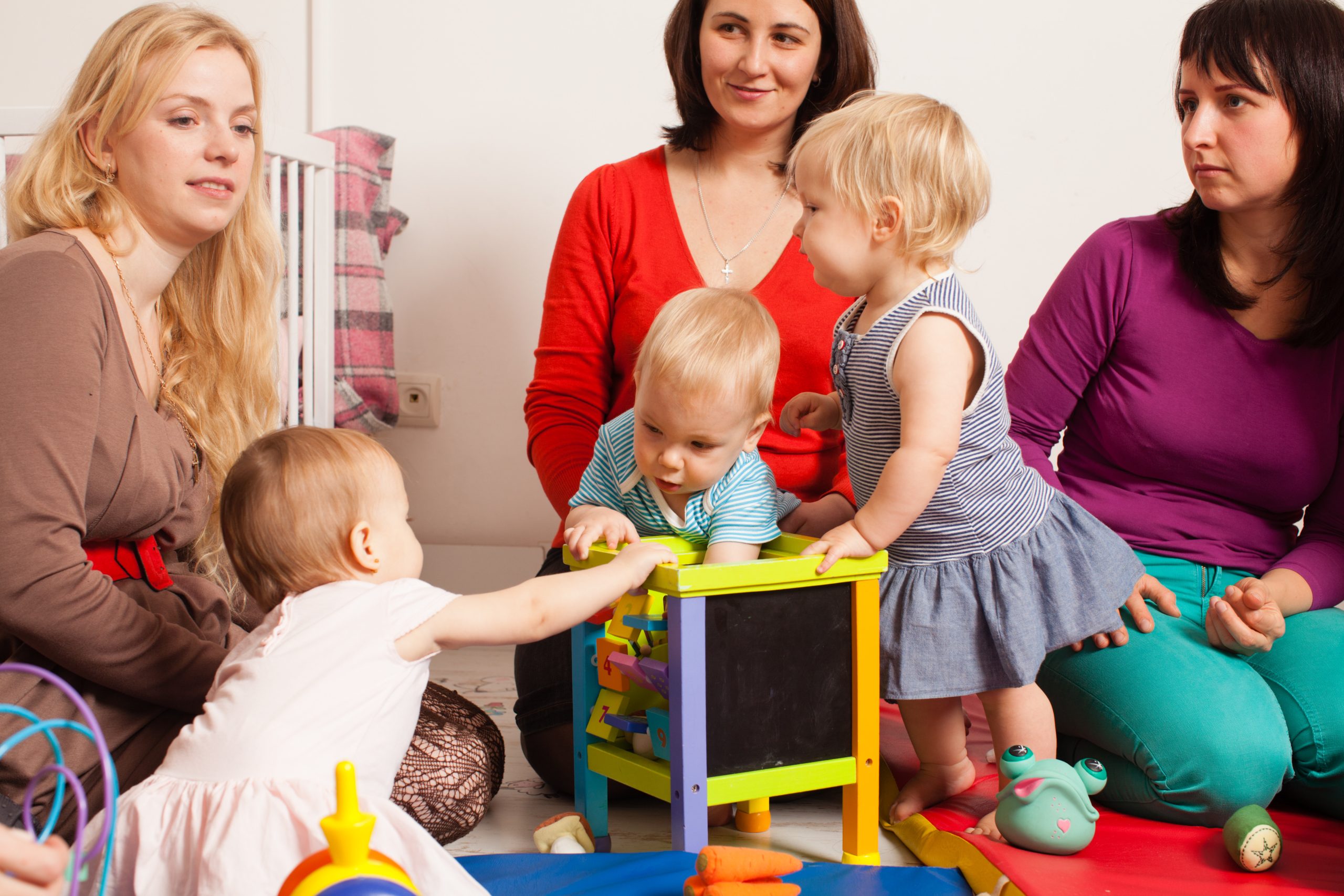
123rf
It can facilitate more quality time between parents and children. Parents working from home can still have lunch or breaks with their children, strengthening their bond. This setup allows parents to be more involved in their child’s daily activities and development. It also helps in maintaining a healthy work-life balance. Parents can be more present for milestones and everyday moments. This proximity can lead to a deeper connection and understanding of their child’s needs and personalities.
9. Reduced Commuting Stress

123rf
Eliminating the need to commute to a daycare center can save time and reduce stress for both parents and children. This saved time can be used for extra family activities, rest, or personal care. Less commuting also means less exposure to traffic-related risks and pollutants. The saved expenses on commuting can be allocated to other family needs or savings. A home-based setup promotes a calmer morning and evening routine. Overall, this contributes to a more relaxed and enjoyable family life.
10. Continuity of Care

123rf
In-home childcare provides continuity of care that is often unmatched by traditional daycare settings. This continuity can extend for several years with the same caregiver, fostering a deep and lasting bond. Such long-term relationships can provide a stable and secure foundation for the child’s emotional and social development. It also allows the caregiver to deeply understand the child’s personality, needs, and developmental progress. This consistency is beneficial in providing continuous and adaptive support for the child’s growth.
11. Cost-Effective
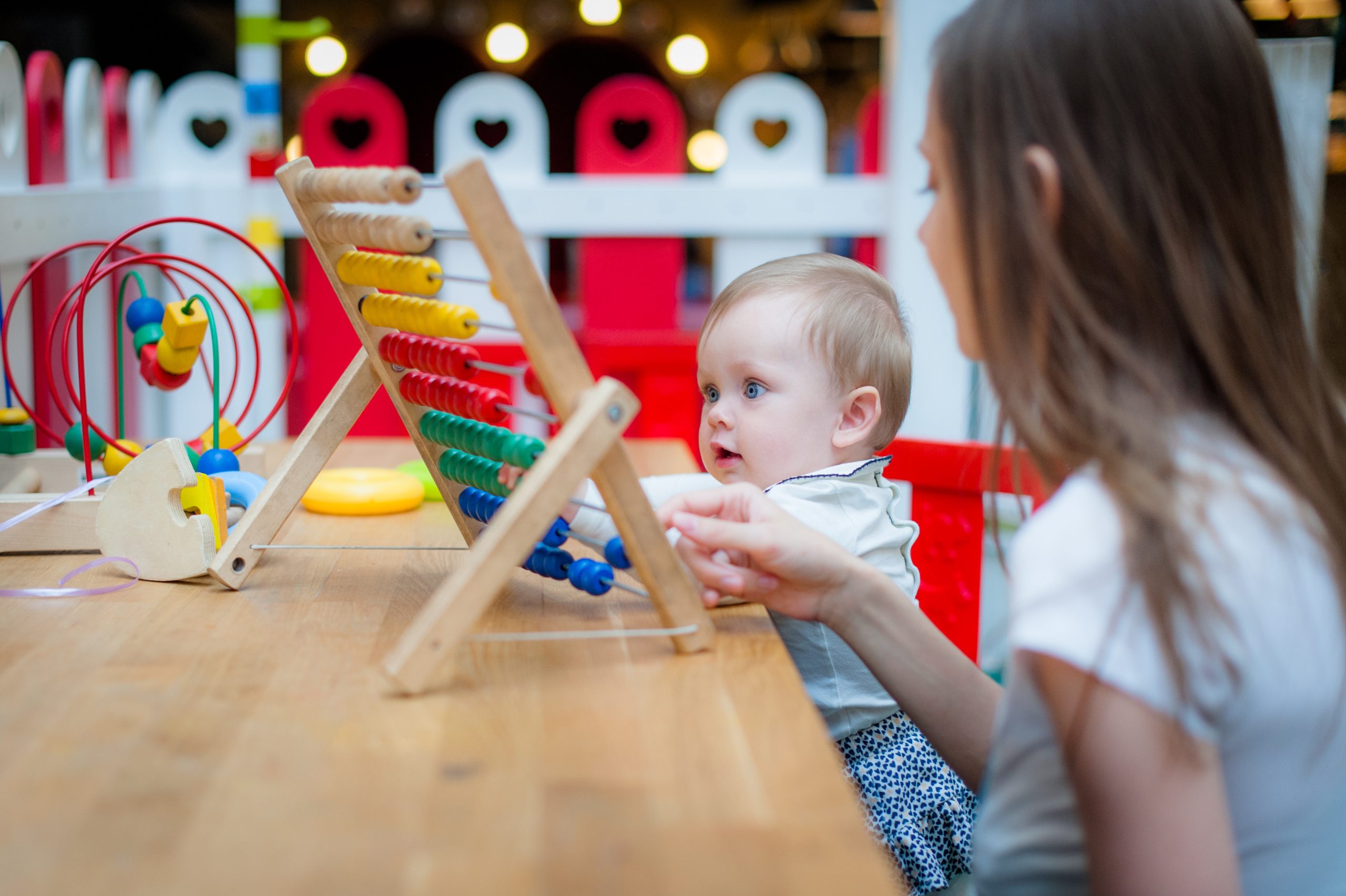
123rf
In-home childcare can be more cost-effective than traditional daycare, especially for families with multiple children. The per-child cost often decreases with in-home care, providing significant savings. There are no additional costs for late pickups or early drop-offs. Savings also come from reduced commuting and less frequent need for alternative care during child sickness. Budgeting becomes more predictable with consistent childcare expenses. Overall, in-home childcare can provide excellent value for the investment.
12. Enhanced Learning Opportunities

123rf
Enhanced learning opportunities tailored to the child’s pace and interest. Caregivers can provide one-on-one learning experiences that are difficult to achieve in larger daycare settings. This personalized attention can lead to better educational outcomes. Children can explore a variety of activities and subjects in a familiar setting, enhancing their curiosity and love for learning. Learning can be seamlessly integrated into daily routines, making education a natural part of the child’s life.
13. Better Work-Life Balance for Parents

123rf
In-home childcare helps parents achieve a better work-life balance by reducing the time and stress associated with external daycare. Parents working from home can manage their schedules more effectively with their child nearby. This setup allows for a smoother integration of work and family life. Parents can focus better at work knowing their child is safe and well-cared for at home. This balance is crucial for mental and emotional well-being. In-home childcare supports a holistic approach to family and career management.
14. Peace of Mind

123rf
Perhaps the most compelling reason for in-home childcare is the peace of mind it brings to parents. Knowing that your child is in a safe, loving, and familiar environment can alleviate much of the anxiety associated with childcare decisions. Parents can easily check in on their child throughout the day, reinforcing a sense of security. Trusting the caregiver in your home environment strengthens the relationship and ensures consistent care. This peace of mind is invaluable, allowing parents to focus on their responsibilities while knowing their child is in good hands.
Choosing The Right Childcare

123rf
Choosing the right childcare option is a significant decision for any family. In-home childcare presents a compelling case with its personalized attention, flexibility, and numerous other benefits. It’s not just about convenience; it’s about creating a nurturing and stable environment for children to grow and thrive. As the modern family’s needs continue to evolve, in-home childcare stands out as a versatile and valuable solution.

Latrice is a dedicated professional with a rich background in social work, complemented by an Associate Degree in the field. Her journey has been uniquely shaped by the rewarding experience of being a stay-at-home mom to her two children, aged 13 and 5. This role has not only been a testament to her commitment to family but has also provided her with invaluable life lessons and insights.
As a mother, Latrice has embraced the opportunity to educate her children on essential life skills, with a special focus on financial literacy, the nuances of life, and the importance of inner peace.